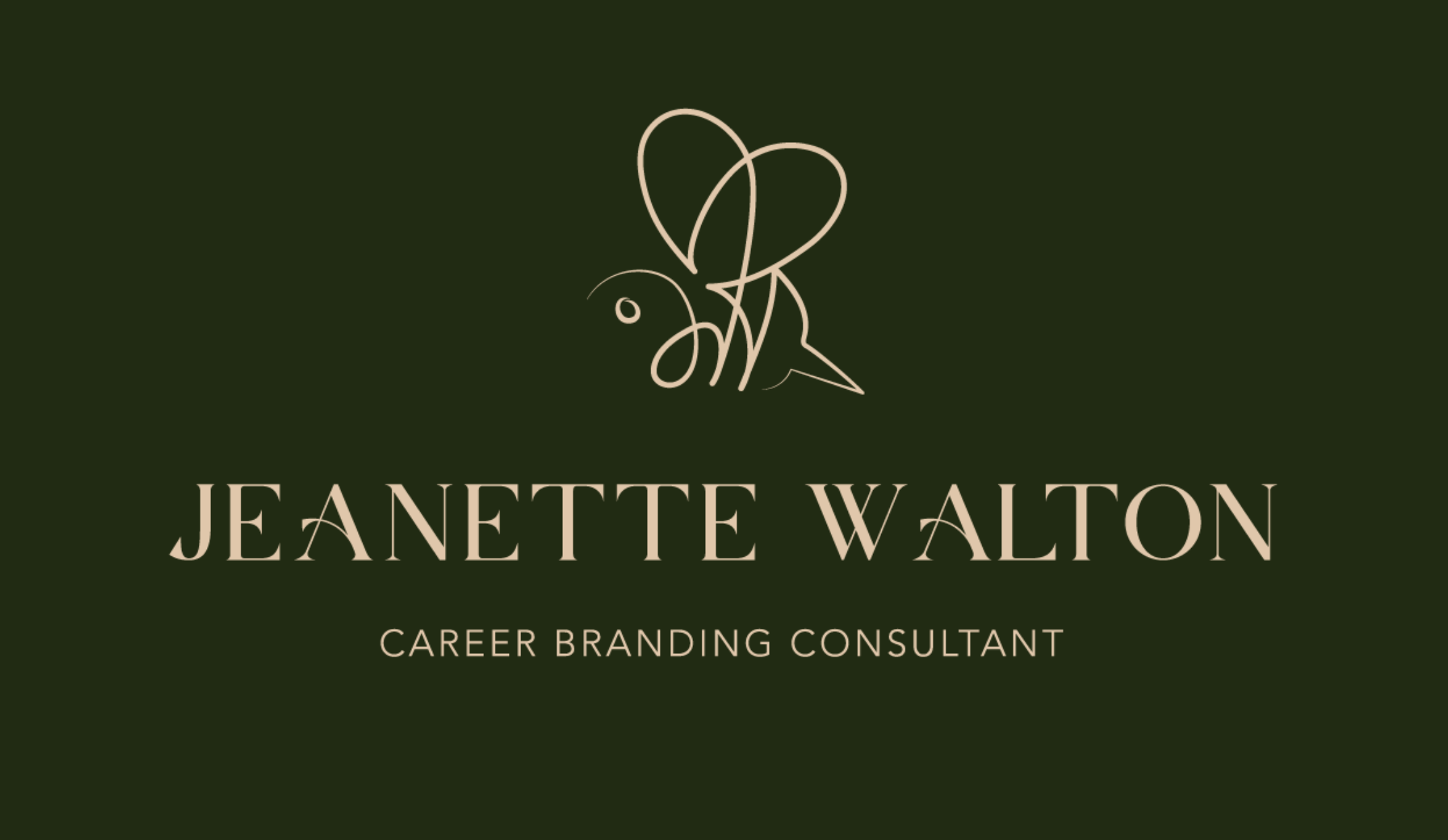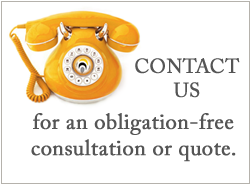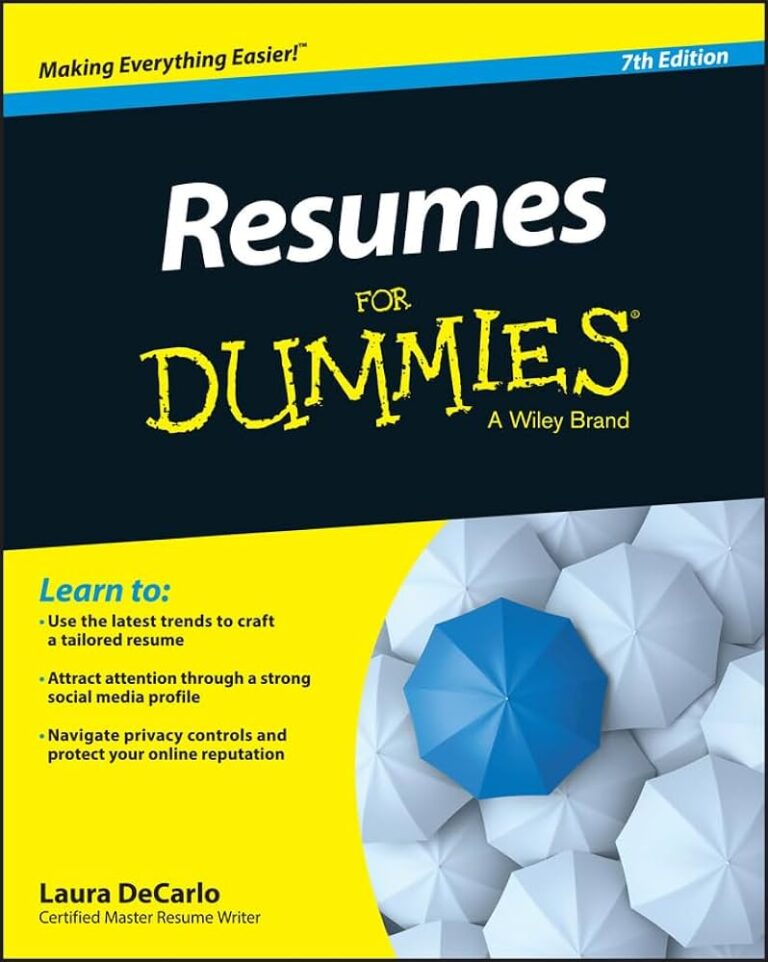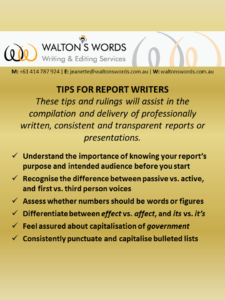When you’ve been in the same job or sector for a long time, acronyms and other industry-specific terminology can become everyday speak. But if you’re interested in adapting or redirecting your career, or keeping your professional options open (particularly on LinkedIn) – or even promoting your offerings to a range of prospective customers – it’s important to remember that some industry jargon is non-translatable.

“Industry jargon may not be a language your customer understands.” (Ron Kaufman)
Bearing in mind there is only a brief period of time to capture reader attention, across most contexts, you need to ensure your content is engaging and decipherable. Unless you’re applying for a position in the same industry, where it’s worth showcasing your technical vocabulary, it’s better to minimise such jargon. The avoidance of ‘terminology road-bumps’ could also confirm your comprehension of what in your career is translatable (and transferrable) to other roles or industries.
“It you can’t explain it simply, you don’t understand it well enough.” (Albert Einstein)
Some of the ways to help ensure industry jargon isn’t reducing your career opportunities is to consider the following:
💬 Am I using abbreviations or acronyms that aren’t well-known beyond my current position scope?
💬 Am I referring to systems or technologies specific to my job or sector type (i.e. do I need to include explanations)?
💬 Will readers understand the focus of my job based on my position title (i.e. do I need to reword or explain)?
💬 Should I use more generic categories/terms such as ‘customers’ and ‘suppliers’ rather than being industry-specific (e.g. patients)?
💬 Am I providing more detail or intricacies than I need to about my industry (e.g. specific squadron name within military forces)?
💬 Are the regulatory standards and other legislation I adhere to going to have any relevance for other job types (e.g. OH&S)?
Where you are seeking (or considering) a career change, it is also going to be beneficial to convey your openness to other industries within your career documentation. This should include the highlighting of transferrable skills and experiences, minus industry jargon that could detract from your core messaging.



